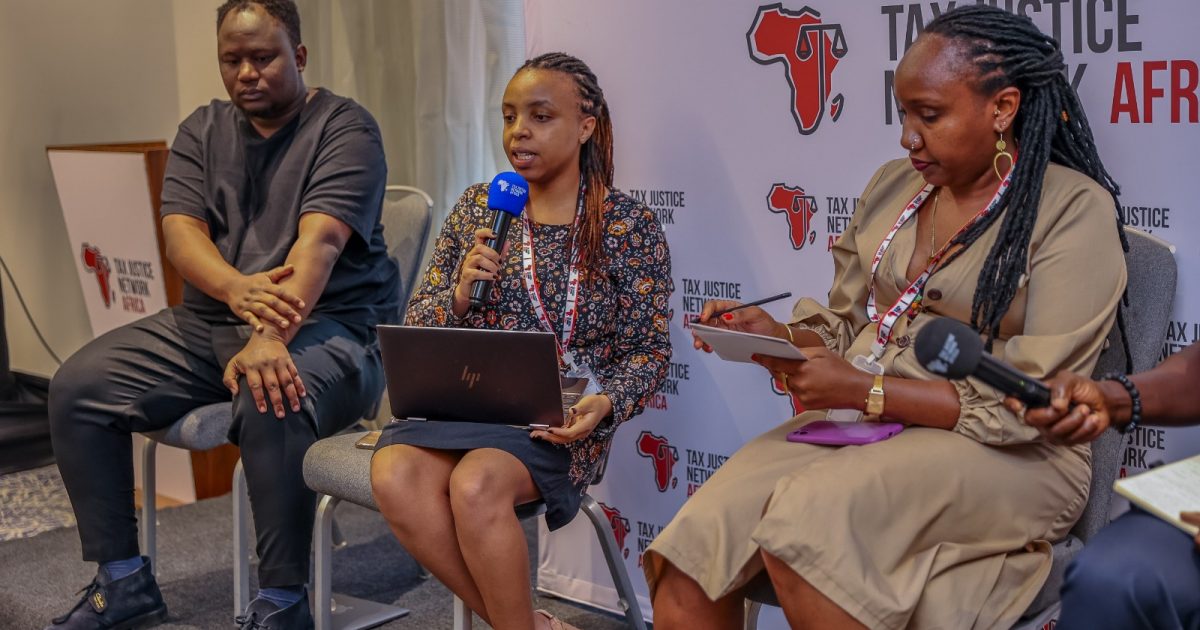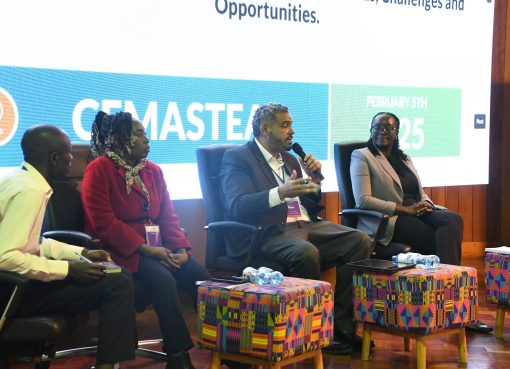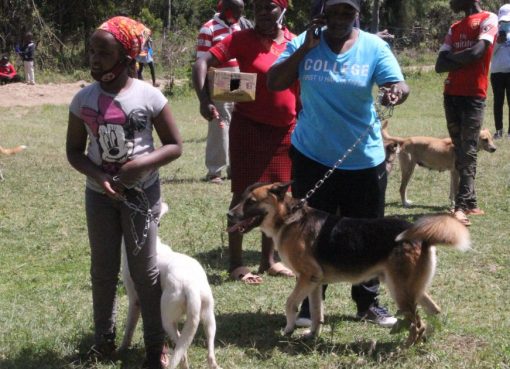The Tax Justice Network Africa convened a conference to deliberate on Sustainable Climate Finance in Africa with the goal of fostering collaboration and dialogue on how to address the interconnected challenges of illicit financial flows, tax injustices and climate change in Africa.
The three-day gathering brought together civil society actors across three critical movements namely, resource justice, tax justice, and climate justice who will engage in meaningful discussions until Friday.
Speaking at the event, Ruth Nyambura, an African Econ-feminist noted that about 60 percent of foods produced in Africa are by small-scale farmers.
She stressed the need for the government to direct more resources to small scale farmers other than private sectors which are agro-based.
“Agriculture is responsible for about 37-45 percent of the global emissions and therefore requires more attention,” added Nyambura.
Nyambura explained that a finance flaw and injustice is the fact that the government, on several occasions, may receive donations, loans and grants that fund climate based projects which later on show little fruits for the endeavor as she questioned if these funds are directed to their actual purpose.
At the same time, Dean Bhebhe, African Campaigner on Renewable Energy pointed out that the problem that Africa faces is the adoption and normalization of export-oriented market models.
“There is a need for African nations to direct funds and investments to their own countries, in that, rather than exporting our agricultural and raw produces only to import them back as final products, we should aim to create opportunities within to refine these produces, generate our own products and export, thereby maximizing on our economic output,” he advised.
Bhebhe stressed embracing the Pan-African way of reason which is authentic and speaks of formation of green industrialization frameworks.
“The problem with Extractives in Africa is that we do not have control over our own natural resources and this limits how effectively we leverage them and this is the cycle we first need to break,” he urged.
By Imbiakha Phanice




